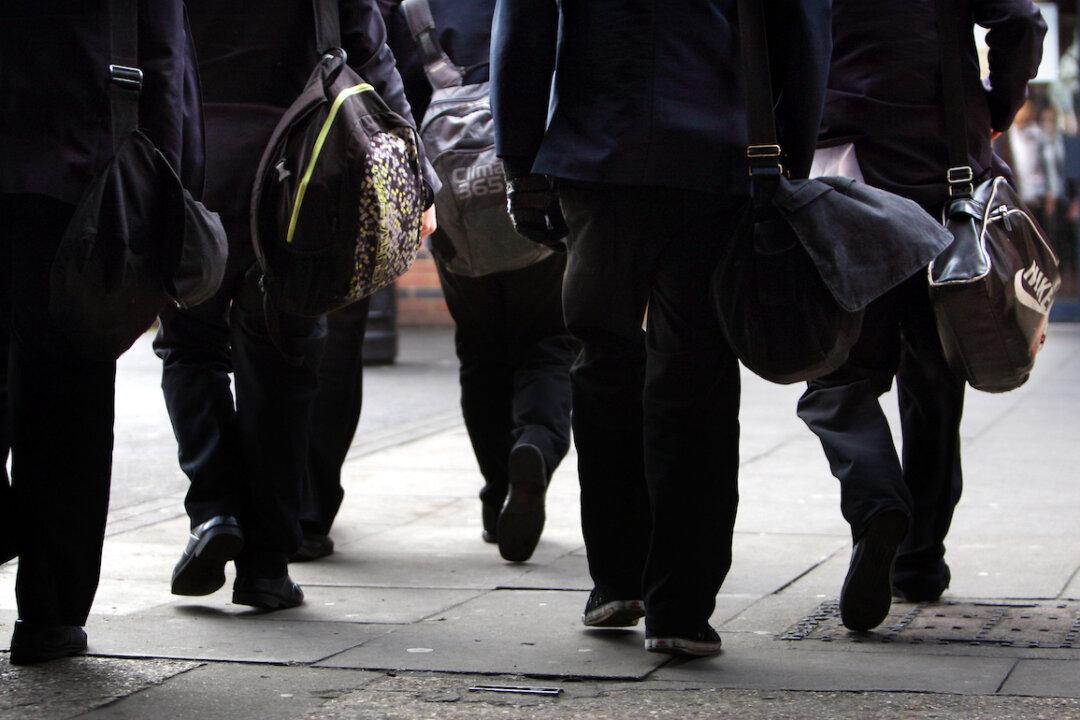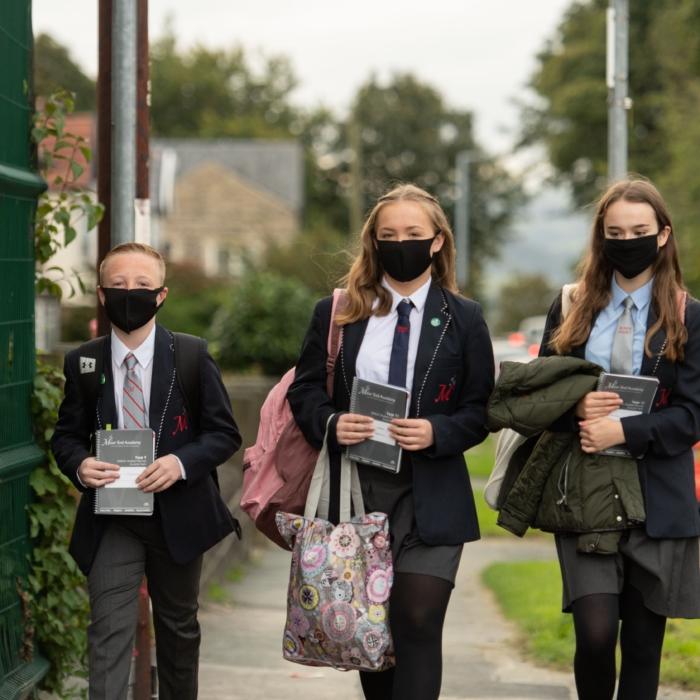The Department for Education (DfE) has limited evidence to show how well its strategies for helping disadvantaged pupils are working, the independent public spending watchdog has said.
The DfE also has “little understanding of whether schools spend the funding they receive, whether they spend it for the intended purposes, or whether this represents value for money.”
The department spends around £60 billion a year to support all school children, which includes the £9.2 billion for disadvantaged pupils.
The NAO said that despite this investment, “disadvantaged children perform less well than their peers across all areas and school phases.”
The gap in children’s attainment had been narrowing before the COVID-19 lockdowns, the NAO said, “which then had a detrimental impact.” The report continues that the gap widens for Key Stage 4, “and, while the attainment gap for those finishing primary school narrowed slightly in the past year, it remains wider than it was a decade ago.”
This is despite DfE’s strategic priority being to narrow the attainment gap.
Cannot Demonstrate Value for Money
There are around 2.1 million children in state-funded schools in 2023–24 who are classified as disadvantaged, equalling 27 percent of the total school population. “Disadvantaged children” are those who have been registered as eligible for free school meals in the past six years or are currently, or have been, looked after by local authorities.In assessing how public money is being spent on some of the most underprivileged children in the country, the report found that the DfE “does not have a fully integrated view of its interventions, or milestones to assess progress and when more may need to be done.”
This means that the department “cannot demonstrate it is achieving value for money.”
The DfE was recommended to look at how its allocates funding and collate more evidence of what interventions are successful, and work across government to address the wider factors in order to make progress on this complex issue.
In response to the NAO’s findings, a DfE spokesperson said: “Too many children are being held back by their background, and this report shines a light on the work that is needed to break down barriers to opportunity and improve the life chances of all children.
“We will deliver real change by integrating childcare and early years into the wider education system as a national priority, delivering free breakfast clubs in every primary school and by developing an ambitious strategy to reduce child poverty.
Labour Rebellion Over Child Benefits Cap
Labour had said in its election manifesto that it would tackle child poverty. However, it would not commit to ending the two-child limit for claiming Child Tax Credit.The new Labour government continued to be pressed on whether it would change its policy, with Work and Pensions Secretary Liz Kendall saying on Tuesday that ministers would have to do “the sums” before committing to axing the policy.
After being informed she had had the whip removed, rebel MP Apsana Begum, who represents the London constituency of Poplar and Limehouse, said that the benefit cap contributes to “rising and deepening levels of child poverty and food insecurity for many East End families.”
The two-child limit was introduced in 2015 and applies to families with a third or subsequent child born after April 2017 claiming means-tested Child Tax Credit or Universal Credit, which is replacing Child Tax Credit.
The limit does not apply to Child Benefit, which is not means tested, and parents can claim for Child Tax Credit/Universal Credit and Child Benefit at the same time.







